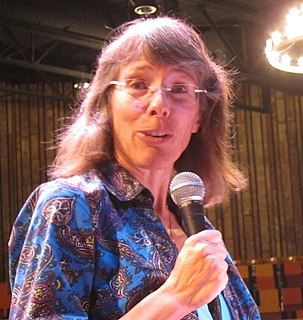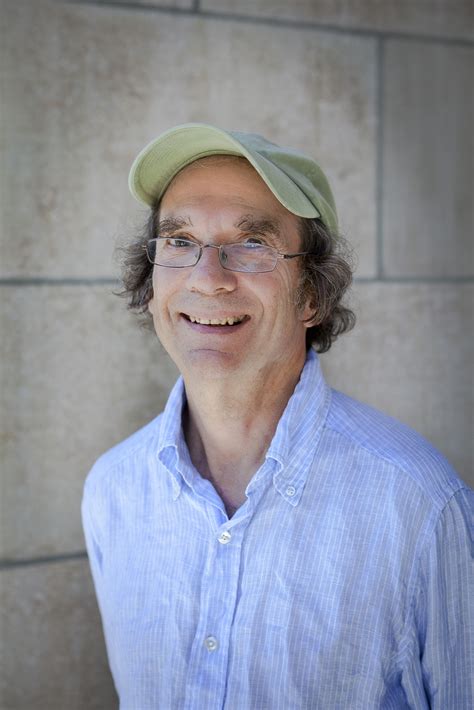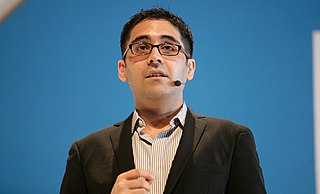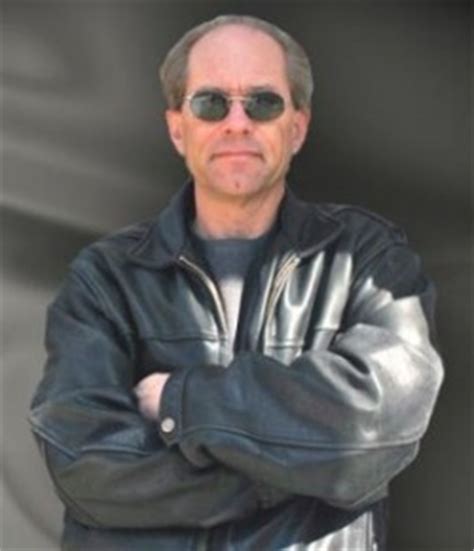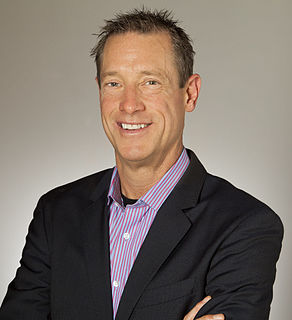A Quote by Paul Ryan
Today, if you were raised poor, you're just as likely to stay poor as you were 50 years ago.
Related Quotes
Poverty assumes so many aspects here in India. There aren't only the poor that you see in the cities, there are the poor among the tribes, the poor who live in the forest, the poor who live on the mountains. Should we ignore them as long as the poor in the cities are better off? And better off with reference to what? To what people wanted ten years ago? Then it seemed like so much. Today it's no longer so much.
One of the most durable successes of the war on poverty was to dramatically reduce the number of elderly poor in America. That's still true today. But, by contrast, child poverty has shot up over the last few years: A decade ago, about 16 percent of children in America were poor - which is a shockingly high percentage. But it's not as shocking as today, when we see that 22 percent of kids live in poverty.
The poor, no less than the rich, stay tuned in to the Dream Machine in bad times as well as good....By 1995, millions of the poor were left without housing, medical care; jobs, or educational opportunity; six million children-one of every four kids under 6 years of age in America-were officially poor. Mired in Third-World conditions of poverty while video-bombarded with First-World dreams, rarely has a population suffered a greater gap between socially cultivated appetites and socially available opportunities.
It is easy to say that there are the rich and the poor, and so something should be done. But in history, there are always the rich and the poor. If the poor were not as poor, we would still call them the poor. I mean, whoever has less can be called the poor. You will always have the 10% that have less and the 10% that have the most.
It had long been true, and prisoners knew this better than anyone, that the poorer you were the more likely you were to end up in jail. This was not just because the poor committed more crimes. In fact, they did. The rich did not have to commit crimes to get what they wanted; the laws were on their side. But when the rich did commit crimes, they often were not prosecuted, and if they were they could get out on bail, hire clever lawyers, get better treatment from judges. Somehow, the jails ended up full of poor black people.
Yes, business really does change. 400 years ago, corporations were formed by royal decree. 300 years ago, many countries were powered by slave labour, or its closest moral equivalent. 200 years ago, debtors didn't go bankrupt, they went to prison. 100 years ago - well, business is largely the same as it was a century ago. And that's exactly the problem. Business hasn't changed, but today's array of tectonic global shocks demands a different, radically better kind of business. Yesterday's corporations visibly cannot meet today's economic challenges.
If the "rich" were swarming into poor neighborhoods and beating the poor until they coughed up the dimes they swallowed for safekeeping, yes, this would be a transfer of income from the poor to the rich. But allowing taxpayers to keep more of their money does not qualify as taking it from the poor - unless you believe that the poor have a moral claim to the money other people earn.




